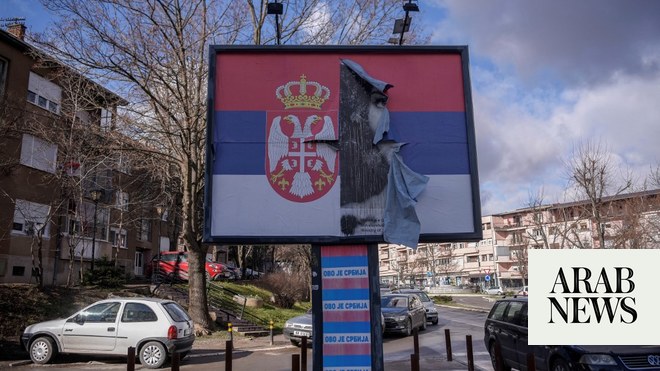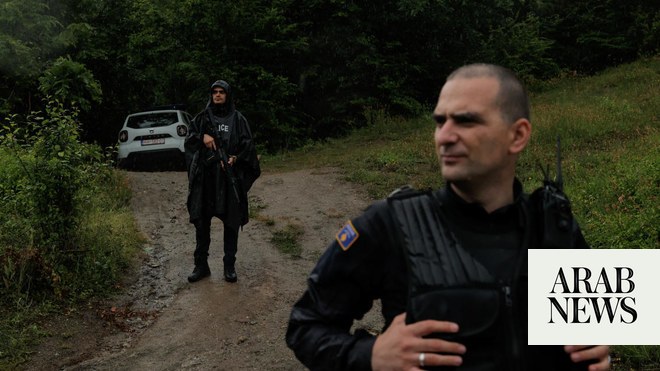
Serbia and Kosovo have agreed on an arrangement for free movement between their countries, the EU’s foreign policy chief announced Saturday.
Serbia agreed to abolish its entry-exit document for Kosovo ID holders, and Kosovo agreed to not introduce them for Serbian ID holders, said Josep Borrell.
The agreement came after talks in Brussels earlier this week between Kosovo’s Prime Minister Albin Kurti and Serbian President Aleksandar Vučić, chaired by Borrell.
Petar Petković, the head of Serbia’s office for Kosovo, welcomed the free movement deal.
“We have managed to ensure peace and stability on the territory of Kosovo and to preserve Serbian ID cards for Serbs” living in Kosovo “and thus also the presence of the Serbian state on this territory”, he said.
In Pristina, Kurti said: “Solutions for normalisation must include reciprocity, because good neighbourly relations imply it.”
Serbia deeply resents Kosovo’s breakaway status and has never recognised its independence. Serbs in northern Kosovo have long refused to acknowledge Pristina’s authority and have largely remained loyal to the Serbian government in Belgrade.
The Brussels meeting was called to try to defuse antagonism between the Balkan neighbours that had led to violent incidents in northern Kosovo in recent weeks.
Kurti and Vučić also met the visiting US deputy assistant secretary of state, Gabriel Escobar, in Brussels late Wednesday, and Borrell thanked the United States for its support of the talks.
“But this work on freedom of movement is not over,” he said. “There are some problems pending.”
“I expect both leaders to continue showing pragmatism and constructiveness in order to solve the problem with their licence plates,” he added.
Another point of tension between the two countries has been over vehicle licence plates that Pristina has imposed across Kosovo, including on the Serbian minority living in the north.
Vučić on Saturday morning said the ID card issue was “a tiny problem”, but the licence plate one was “much more complicated”.
Kosovo’s ethnic Albanian majority fought Serbian forces in 1999 with support from Nato warplanes.
In 2008 it declared independence, which has been recognised by most, but not all, EU member states.
New violence flared in late July in northern Kosovo, prompting Nato chief Jens Stoltenberg on Wednesday to say that the 3,700 Nato peacekeepers deployed in Kosovo would do what was necessary to ensure a secure environment.











